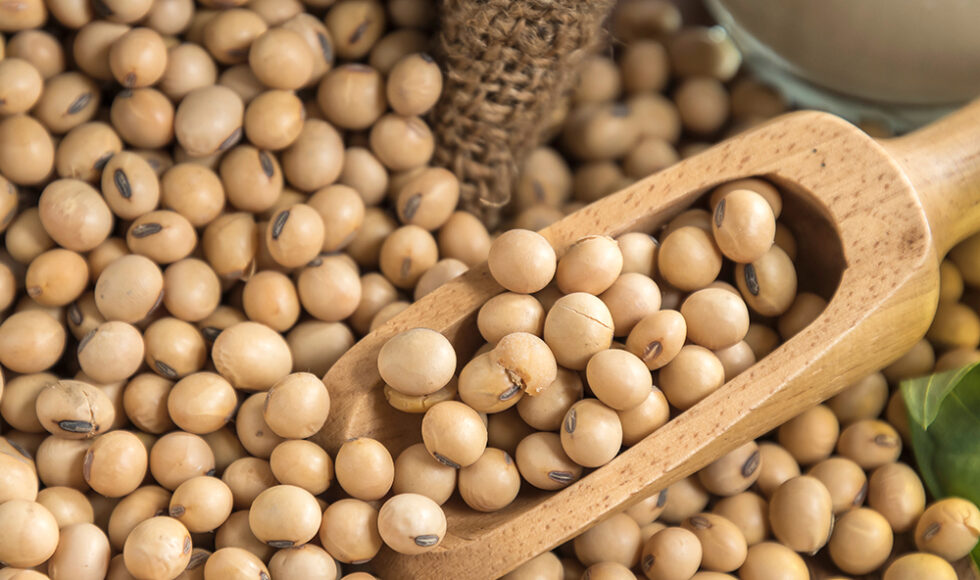- هذا الموضوع فارغ.
- الكاتبالمشاركات
- أبريل 9, 2025 الساعة 3:46 ص #624948

Soya powder, derived from soybeans, has gained significant popularity as a high-protein food ingredient with various applications in the food industry, nutrition, and even in animal feed. As the demand for soya powder grows, its integration into sustainable farming systems and value chains has become increasingly important.
By aligning soya powder production with environmentally friendly farming practices and efficient value chains, we can ensure that its production remains viable, resource-efficient, and beneficial for both farmers and consumers.
This article explores the integration of soya powder production into sustainable farming systems and value chains, offering insights into the future of this important sector.
1. Enhancing Sustainable Agricultural Practices for Soybean Cultivation
The foundation of integrating soya powder production into sustainable farming systems starts with enhancing agricultural practices. Sustainable farming involves techniques that promote soil health, biodiversity, and efficient water usage, while also reducing the environmental impact of crop production.
Practices such as crop rotation, reduced pesticide and herbicide usage, and organic fertilization can significantly improve the sustainability of soybean farming.
By cultivating soybeans in a way that conserves resources and promotes ecological balance, farmers can produce high-quality soybeans for soya powder while also contributing to environmental stewardship.
2. Developing Efficient Soya Powder Processing Techniques
Efficient processing techniques are essential for transforming soybeans into soya powder while maintaining sustainability. The process involves several steps, including cleaning, dehulling, grinding, and drying the soybeans. By optimizing these methods, it is possible to reduce energy consumption and waste production.
Technologies that streamline the extraction of protein-rich soy flour and minimize the need for harmful chemicals can make soya powder production more environmentally friendly. Additionally, using renewable energy sources in processing plants and reducing water usage are key factors in ensuring that soya powder production aligns with sustainable practices.
3. Strengthening Value Chains for Soya Powder
A sustainable value chain for soya powder production involves linking farmers, processors, distributors, and consumers in a way that is mutually beneficial. Farmers need access to fair prices, while processors must ensure that the production process is efficient and resource-conscious.
One way to strengthen this value chain is by fostering partnerships that connect smallholder farmers with large-scale processors. This can improve the economic viability of soybean farming by providing farmers with reliable markets and fair compensation.
Moreover, implementing traceability systems within the value chain ensures transparency, enabling consumers to make informed decisions about the sustainability of their food choices.
4. Incorporating Environmental and Social Standards
Incorporating environmental and social standards into the soya powder production process is a crucial part of building a sustainable system. Certification programs, such as organic or fair-trade labels, provide a way to assure consumers that the soya powder they purchase comes from an environmentally and socially responsible source.
These standards help promote best practices in farming, processing, and distribution, which, in turn, can lead to higher product quality and market value. By adhering to these standards, producers can differentiate their products in the market, meeting consumer demand for ethical and sustainable food options.
5. Promoting Education and Awareness Among Stakeholders
For the successful integration of soya powder production into sustainable farming systems, education and awareness are essential. Farmers need access to knowledge about sustainable agricultural practices and efficient processing techniques. Likewise, processors must understand the importance of reducing waste and using energy-efficient technologies.
Governments, NGOs, and industry organizations can play a crucial role in providing training programs, workshops, and resources to stakeholders across the value chain. By promoting education and raising awareness about sustainability, the entire soya powder production process can be optimized for both economic and environmental benefits.
Integrating soya powder production into sustainable farming systems and value chains is a vital step in ensuring the long-term viability of this important agricultural product. By focusing on sustainable agricultural practices, efficient processing techniques, and robust value chains, the production of soya powder can meet increasing global demand while minimizing its environmental impact.
Incorporating environmental and social standards into the process further enhances the sustainability of the sector. Through education, awareness, and collaboration among all stakeholders, the soya powder industry can continue to grow in a way that is beneficial for farmers, consumers, and the planet.
Read Also: \Guide on How to Make Home-Made SoyaBean Powder
- الكاتبالمشاركات
- يجب تسجيل الدخول للرد على هذا الموضوع.

